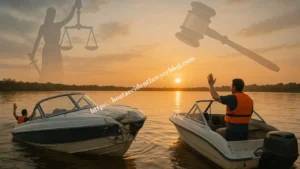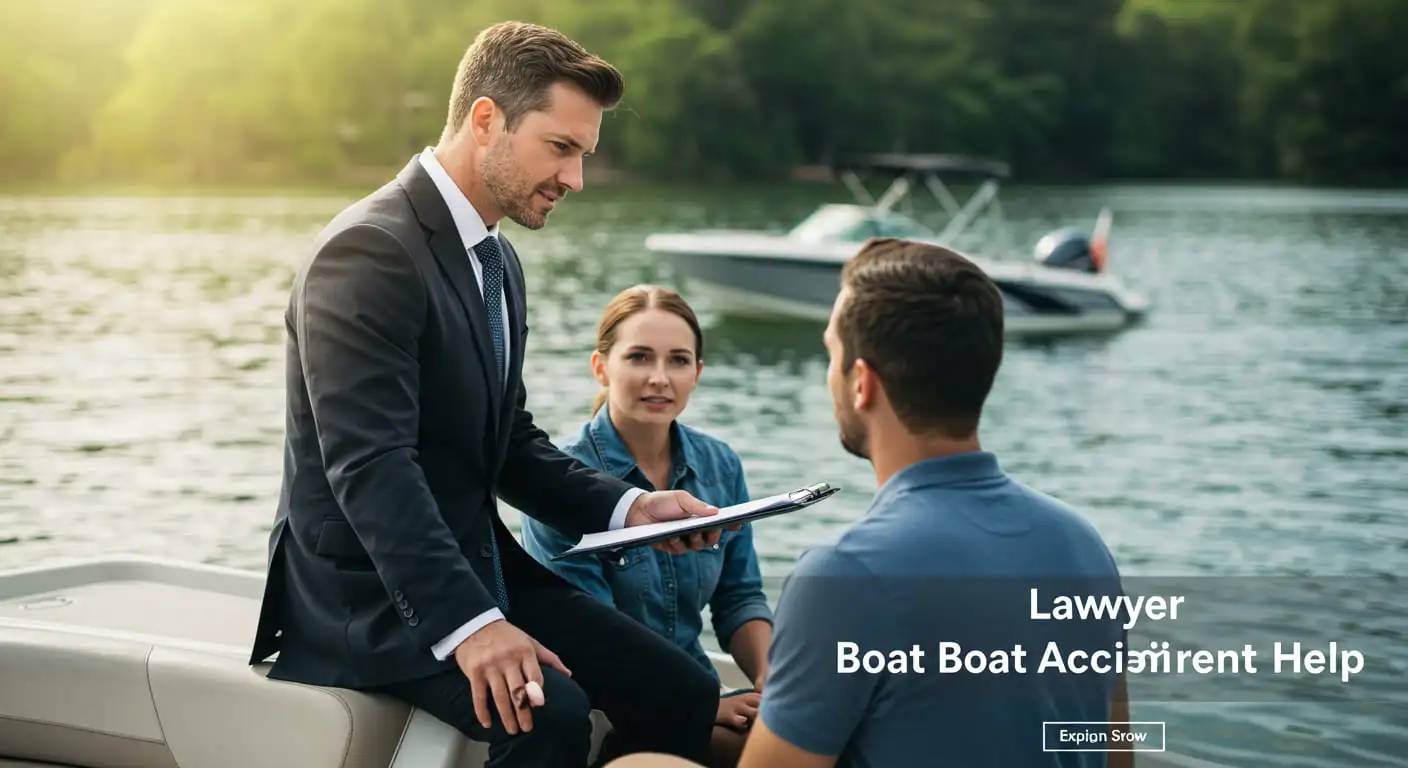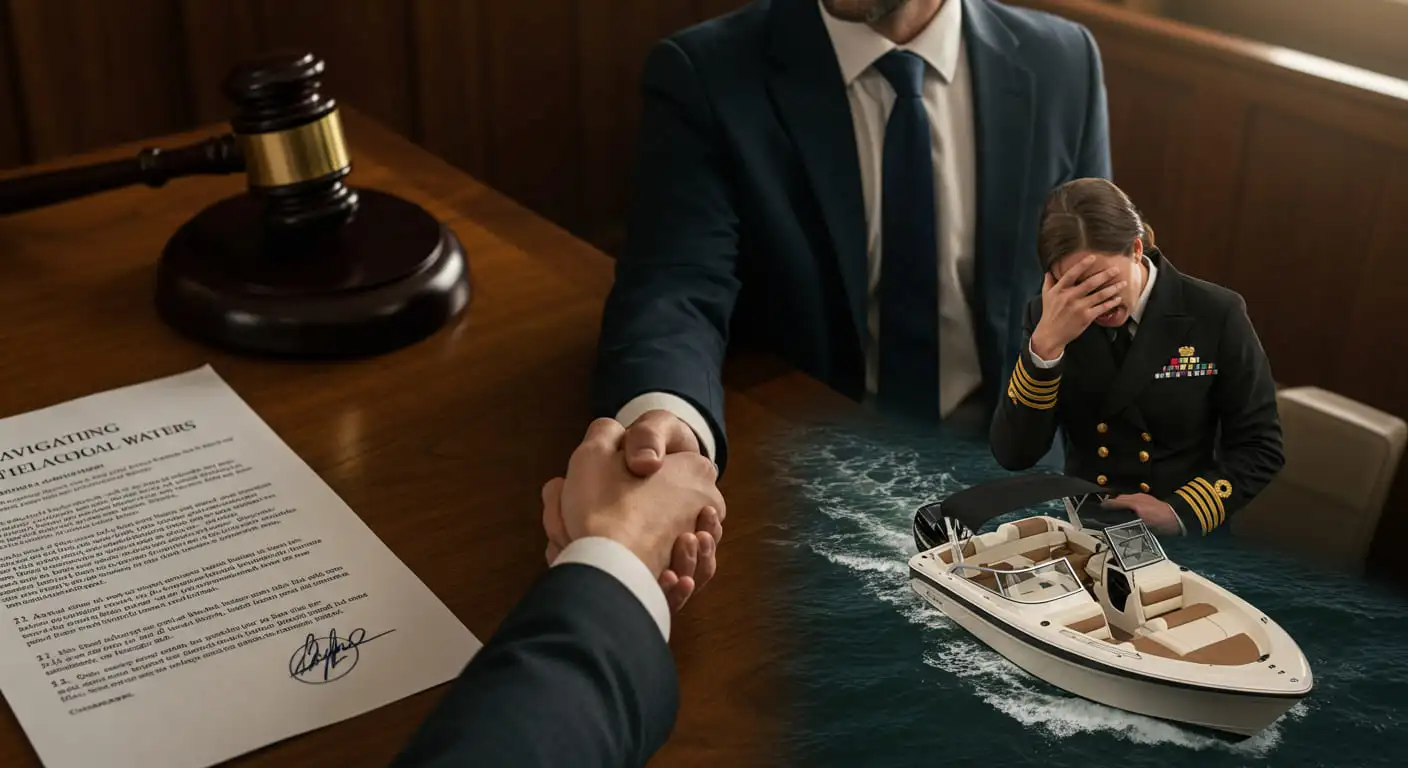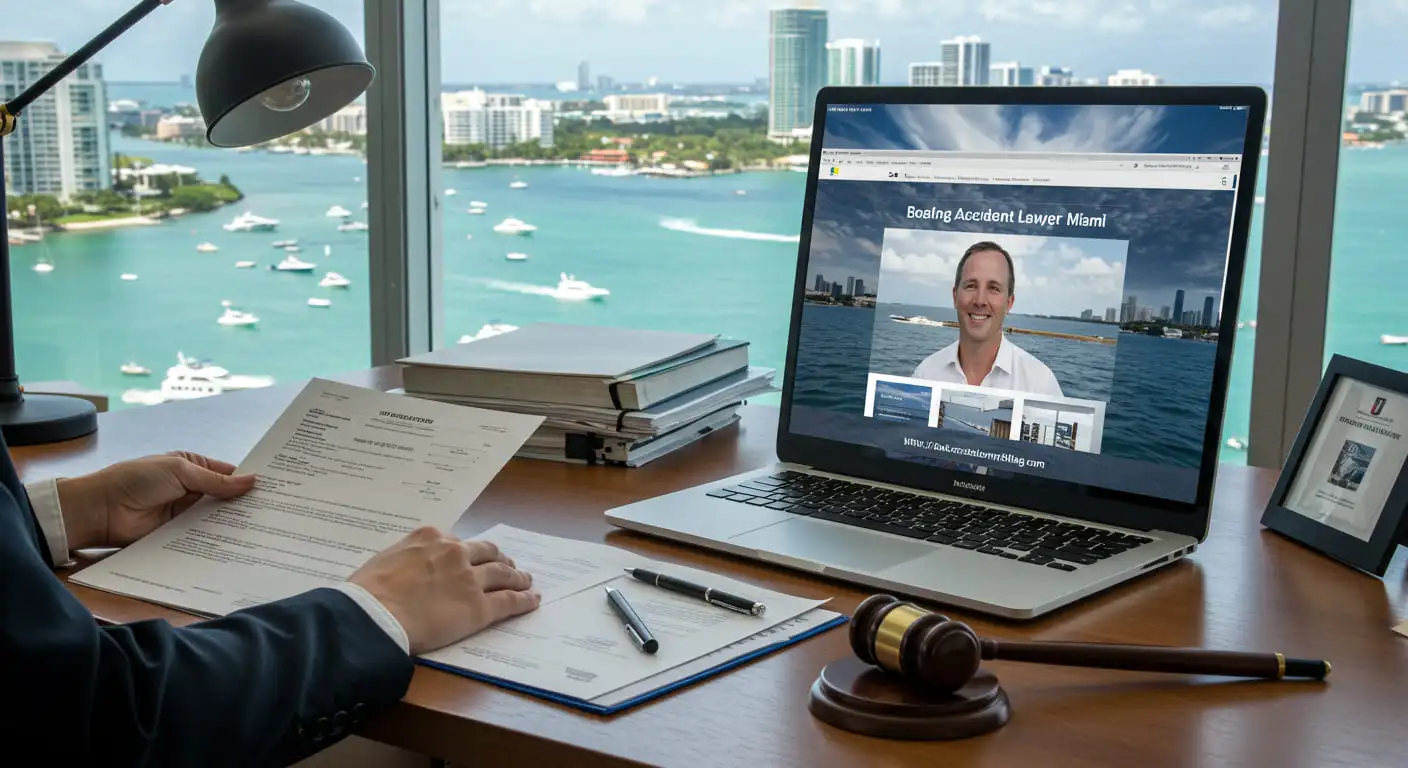Learn what a boat accident attorney does, when to seek legal help, key differences with injury lawyers, and how maritime law affects your boating injury claim.
1.2.What Does a Boat Accident Attorney Do? A Complete Guide
Understanding the Role of a Boat Accident Attorney
A boat accident attorney is a legal professional who helps individuals navigate the legal complexities that arise after a boating incident. These cases often involve personal injury, property damage, or wrongful death claims resulting from accidents on lakes, rivers, or coastal waters.
The attorney’s main responsibility is to represent their client’s best interests—whether that means negotiating with insurance companies, filing lawsuits, or advising on maritime regulations. Boat accident cases can be complicated because they may involve federal maritime laws, state boating laws, and even international regulations, depending on where the accident occurred.
An experienced boat accident attorney will begin by conducting a thorough investigation into the incident. This includes reviewing weather reports, examining the vessel, collecting witness statements, and consulting experts if needed. The goal is to build a strong case that clearly establishes liability and supports the claim for compensation.
When Do You Need Legal Help After a Boating Accident?
While not every boating accident requires an attorney, certain situations strongly call for legal help:
-
Someone was seriously injured or killed.
-
There is significant damage to the vessel or property.
-
There are disputes about fault or liability.
-
An insurance company is denying or underpaying your claim.
-
The accident occurred in navigable waters governed by maritime law.
In these cases, having a lawyer can mean the difference between a fair settlement and walking away with unpaid bills and unanswered questions.
Statute of Limitations for Boating Claims
One important factor in boating accident claims is the statute of limitations—the time limit you have to file a lawsuit. This varies depending on where the accident happened and what type of law applies.
-
Under general maritime law, the statute of limitations is typically three years from the date of the accident.
-
State laws may shorten or extend this period, especially for accidents that occur on inland waters.
Failing to file within this window usually results in losing the right to pursue compensation. An attorney ensures your case is filed within the proper timeline, preserving your legal rights.
Proving Negligence on the Water
Proving negligence in a boating accident requires showing that someone failed to act with reasonable care, and that failure caused harm. This could include:
-
Operating a vessel under the influence of alcohol.
-
Failing to maintain a boat in safe condition.
-
Ignoring weather advisories.
-
Speeding in no-wake zones.
-
Not carrying life jackets or other required safety equipment.
An attorney uses evidence like photos, reports, eyewitness statements, and expert opinions to prove that the other party’s careless actions led to the accident.

1.2. Boat Injury Lawyer vs. Boating Accident Attorney: Key Differences Explained
Definitions and Practice Scopes
Although the terms boat injury lawyer and boating accident attorney are often used interchangeably, there are subtle distinctions worth noting.
A boating accident attorney generally deals with the full range of incidents that occur on or near watercraft. This includes property damage, insurance disputes, wrongful death, and injuries. They often have experience in both maritime and personal injury law.
A boat injury lawyer, on the other hand, focuses more specifically on injuries sustained during boating accidents. This may include slip-and-fall injuries on a cruise ship, jet ski collisions, or drowning incidents caused by faulty equipment or operator negligence.
In essence, a boating accident attorney may handle a broader scope of cases, while a boat injury lawyer tends to specialize in personal injury claims related to watercraft.
Types of Boat Injury Cases
Boat-related injuries can occur in a wide range of situations, and each scenario may require a different legal strategy. Some of the most common include:
-
Recreational boat collisions
-
Jet ski or personal watercraft accidents
-
Cruise ship injuries
-
Charter boat or tour boat mishaps
-
Drowning or near-drowning incidents
-
Accidents involving commercial vessels
Understanding the nature of the accident helps determine which type of attorney is best suited to the case.
Personal Injuries vs. Property Damage
One of the key distinctions in boating accident cases is whether the claim involves personal injury or property damage—or both.
-
Personal injury claims involve bodily harm. These could range from broken bones and head injuries to long-term disabilities or emotional trauma.
-
Property damage claims deal with the repair or replacement of vessels, docks, or other structures damaged in the incident.
A boat injury lawyer will primarily focus on securing compensation for medical expenses, lost wages, and pain and suffering. A boating accident attorney may handle both injury and property-related claims, especially in complex cases where both occurred.
Maritime vs. Inland Waters Jurisdictions
The location of the boating incident plays a major role in determining which laws apply. There are two main jurisdictions:
-
Maritime (admiralty) law applies to navigable waters—rivers, lakes, or oceans used for commerce or travel between states or countries. These cases often go through federal courts and follow specific procedures.
-
State law governs accidents on small lakes, private waters, or non-navigable bodies. These claims are typically handled under personal injury or property damage laws at the state level.
An attorney familiar with both jurisdictions can help you understand which rules apply and ensure the case is filed in the correct court system.
Leave a reply












